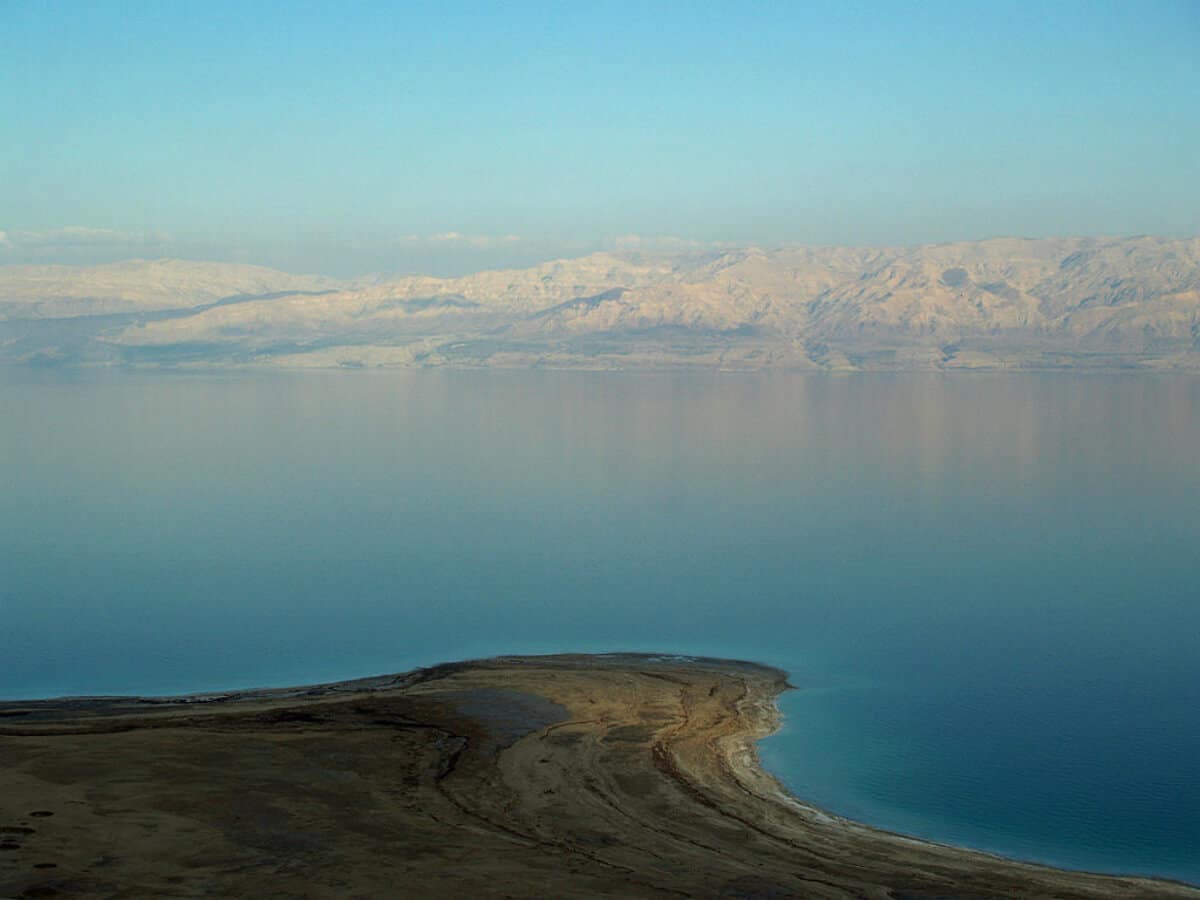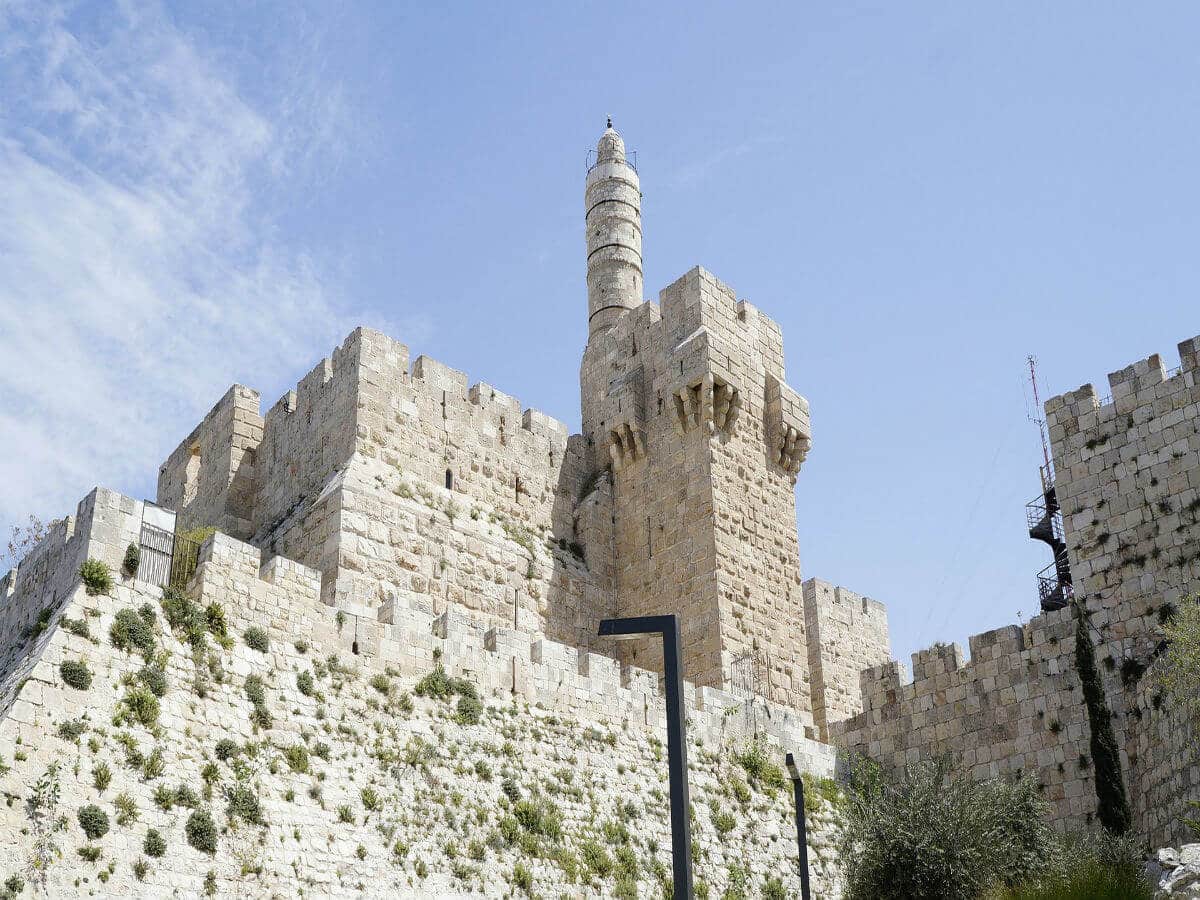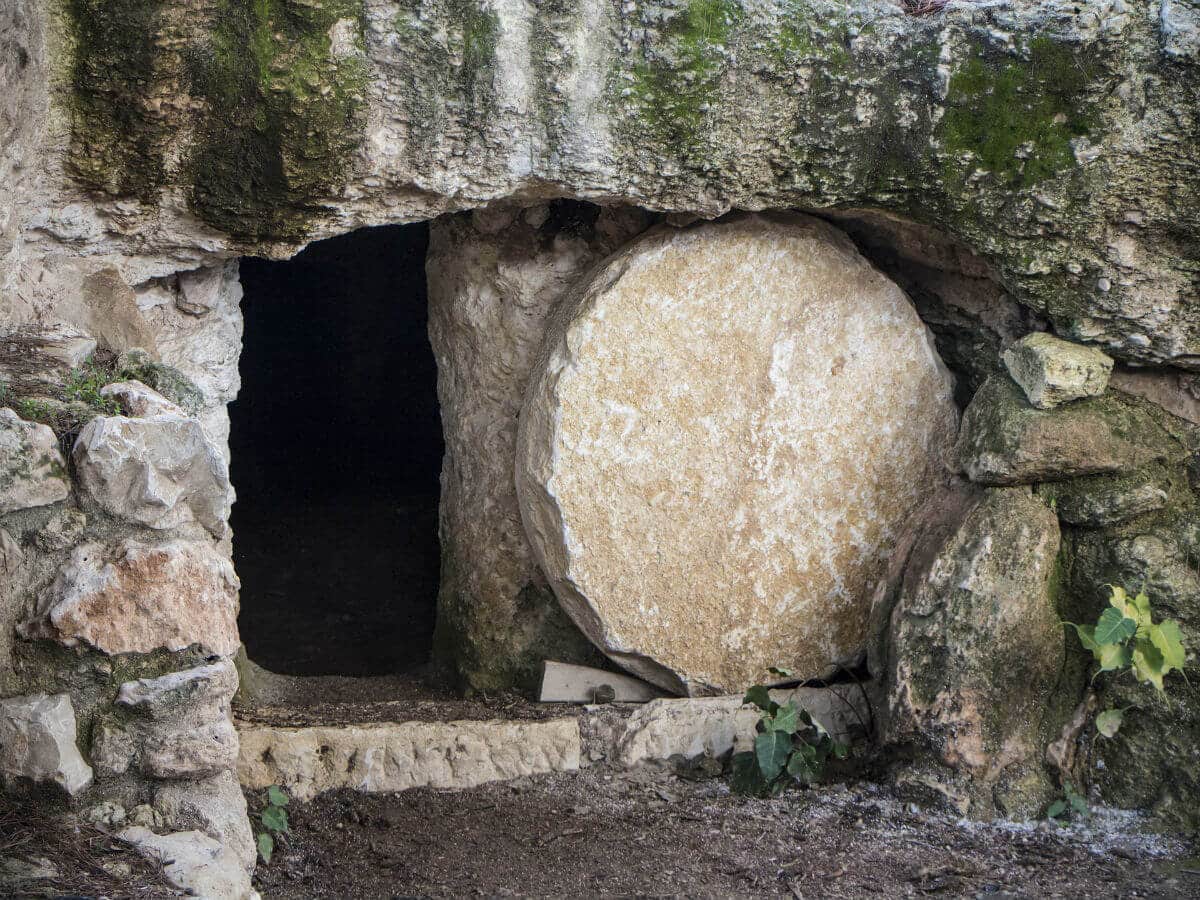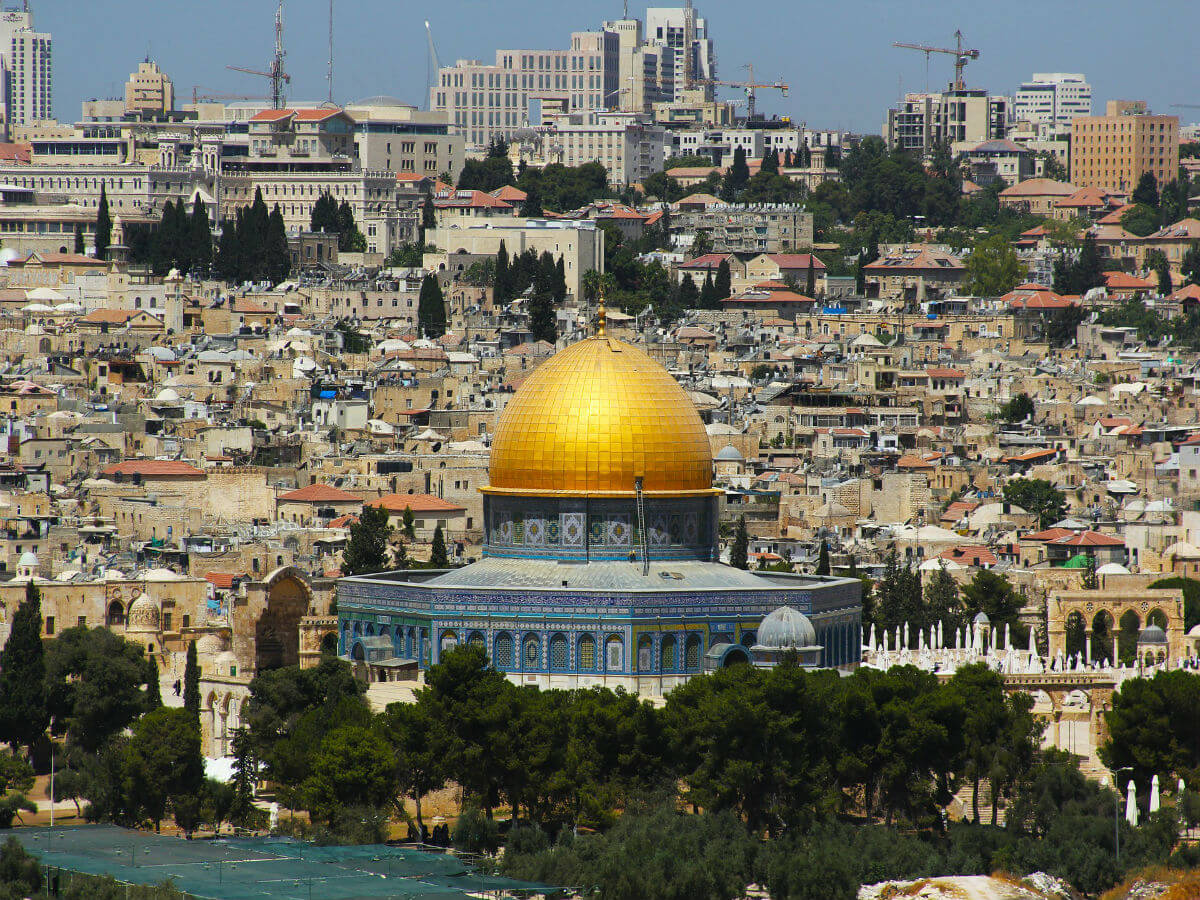Tour Packages
Israel Tour Packages
SUPER DEAL PRICE
STARTS FROM
per person on twin sharing
ATMs are widely accessible throughout urban Israel.
Credit cards are widely accepted in the country.
Finding a bank in Israel is quite easy.
The legal drinking age in Israel is 18.
Israeli residents are known for their hospitality.
The weekend in Israel is on Friday and Saturday.
Israel - Visitors Statistics

Annually
32,00,000
Male51%
Female49%
By Purpose
Couples
For Newlywed Vacations
Family
For Family Vacations
Top Visitors from India
Mumbai
Delhi
Bengaluru
Chennai
Kolkata
Hyderabad
Pune
Ahmedabad
Jaipur
Kochi
Everything You Need to Know About Israel
Israel, especially Jerusalem, is sacred to many religious traditions, especially the Abrahamic religions of Judaism, Christianity, and Islam. While Israel is the Promised Land for Jews, Christians believe that Christ’s life and death unfolded here. As for Muslims, Prophet Muhammad ascended to heaven from Jerusalem on the Temple Mount. The country attracts spiritual tourists, foodies, and nature enthusiasts who love this young nation’s history, culture, and natural beauty. If you would like to enjoy this beautiful country, check out our affordable Israel tour package.
View All Israel Tour Packages
FAQs:
Book Your Dream Vacay Today!



















